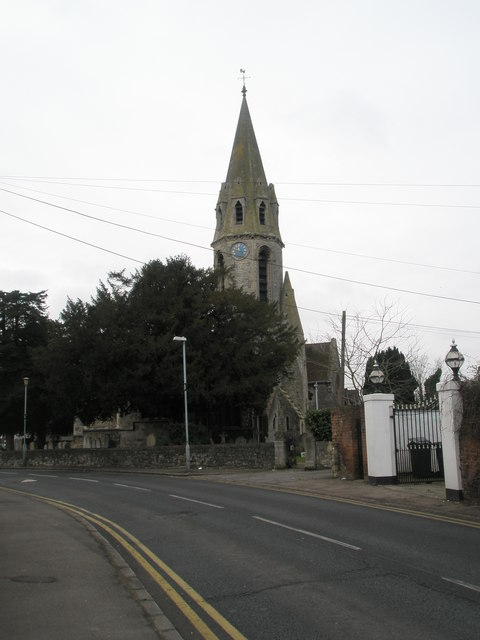|
Datchet Station
Datchet railway station serves the village of Datchet in Berkshire, England. It is down the line from , on the Staines to Windsor & Eton Line. The station has two side platforms linked by a pedestrian footbridge, and the principal station buildings are to be found on the London bound platform. The station has a central location within Datchet village, and two level crossings cross the line immediately to the west of the station. The presence of these crossings, which carry both road routes from the village to the nearby town of Windsor, can cause traffic delays in the village. History The Windsor, Staines & South Western railway was authorised to build a railway line to Windsor in 1847, however Datchet was the temporary terminus after the line was opened from Richmond on 22 August 1848. The finally completed route over the River Thames was opened on 1 December 1849. The original station had goods facilities on both up and down sides but these were eventually closed by 17 J ... [...More Info...] [...Related Items...] OR: [Wikipedia] [Google] [Baidu] |
Datchet
Datchet is a village and civil parish in the Royal Borough of Windsor and Maidenhead in Berkshire, England, located on the north bank of the River Thames. Historically part of Buckinghamshire, and the Stoke Hundred, the village was eventually transferred to Berkshire, under the Local Government Act of 1972. The village developed because of its close proximity to Windsor and the ferry service which connected it to the main London Road across the River Thames. The ferry was later replaced by a road bridge at the foot of the High Street, which was rebuilt three times, a rail bridge approaching Windsor across the river, and two road bridges above and below the village. The name "Datchet" is thought to be Celtic in origin, and the last part may be related to ''cet'' ("wood"). In the Domesday Book it is called "Daceta". History There is evidence of habitation in the area shortly after the end of the last ice age, between 10,000 and 6,500 years ago, and of a multi-period settlement a ... [...More Info...] [...Related Items...] OR: [Wikipedia] [Google] [Baidu] |
